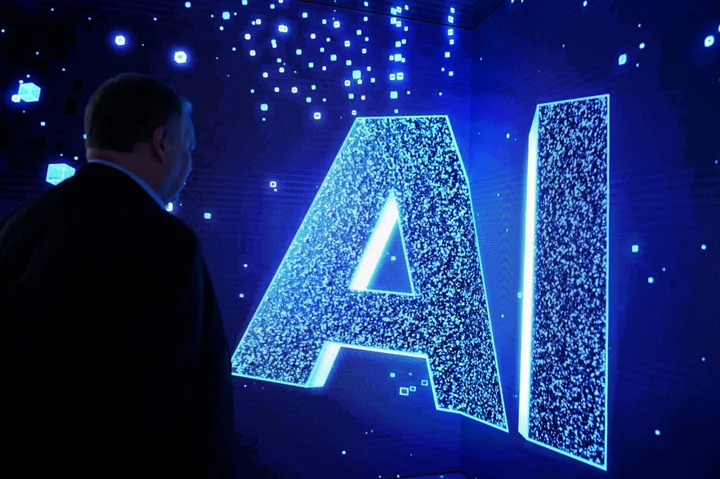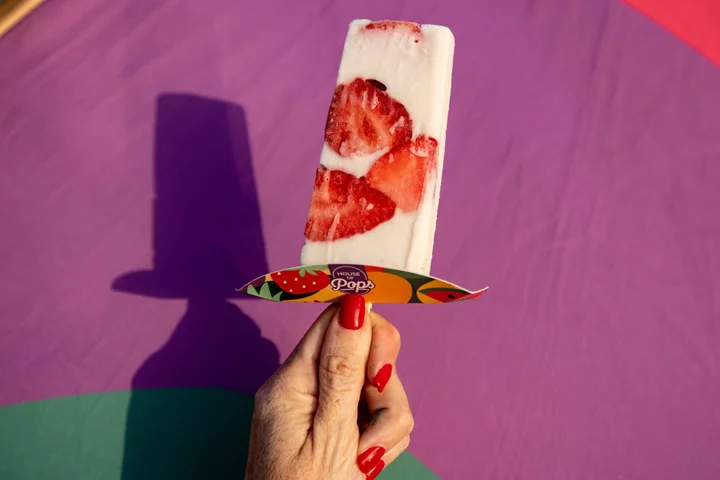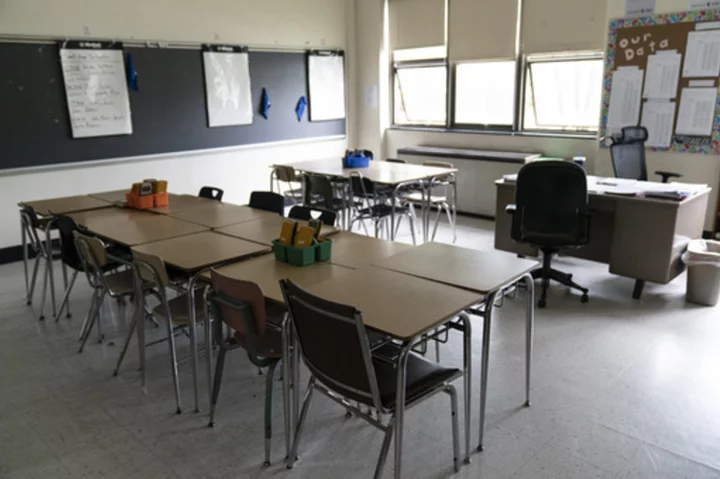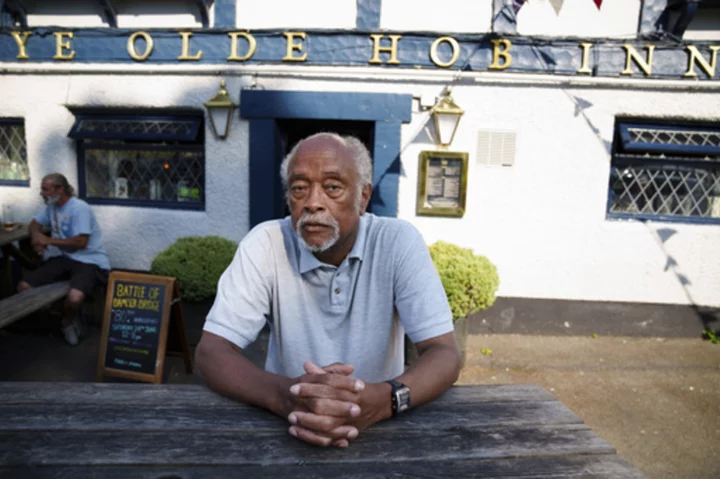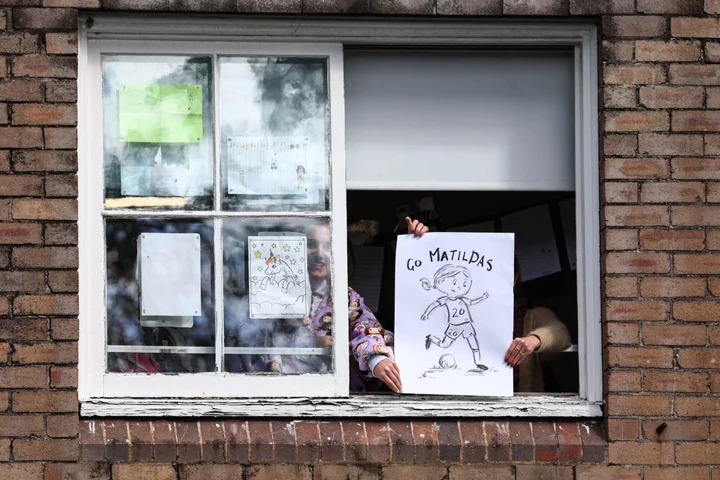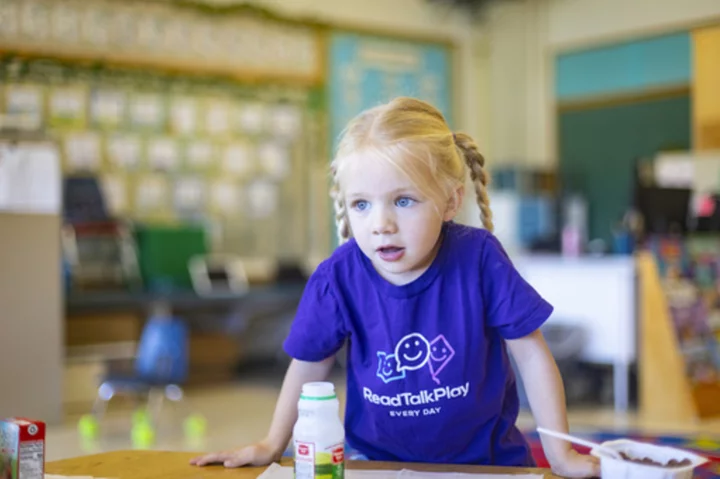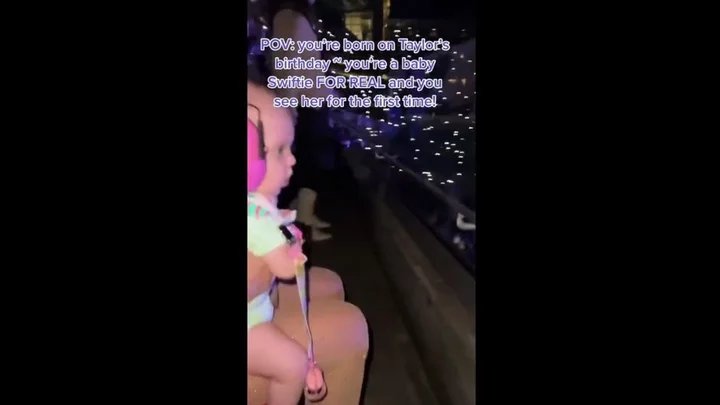A group of UK lawmakers are calling on the government to enforce clearer and tougher rules on artificial intelligence systems that are trained off the work of artists, writers and other content creators.
In its haste to lure AI companies and development into the UK, the government proposed a new exemption to copyright laws that, if enacted, would reduce arts and cultural content to mere “inputs” for generative AI systems, the UK Culture, Media and Sports Committee — a panel of Parliament members charged with scrutinizing policies for the industry — said in a report on Wednesday.
The panel pointed to “outstanding weaknesses” in the UK government’s approach to regulating AI, saying the proposal for a blanket exemption showed “a clear lack of understanding of the needs of the UK’s creative industries.”
The warning comes as Hollywood actors and screenwriters have been striking for weeks over, among other things, greater protections against AI. It also underscores the challenges that the UK government faces in its desire to turn the nation into a hub for both AI industry and regulation, with Rishi Sunak planning to host the first global AI summit in November.
Read More: AI-Faked Drake, The Weeknd Song Amps Music Industry’s IP Alarm
The UK risks losing the trust of its creative industries if the government fails to introduce clear regulations around the protection of intellectual-property rights, according to the report.
Currently, UK copyright laws provide a limited exemption to copyright by allowing text and data mining for non-commercial research use only. Last year, the government raised the idea of a new one that would allow text and data mining for any purpose — which could allow AI developers to train models using copyrighted material without a license.
Since then, government officials have worked to ease concerns by saying they would consult with all industries to get regulations right.
The committee is suggesting that the government scrap plans for the exemption and instead help smaller AI developers acquire licenses through mutually beneficial arrangements with creative industry trade groups. Artists have grown increasingly concerned about AI systems being trained on copyrighted material without proper licensing or attribution.
In July, a trade group representing the UK music industry called for a record-keeping system that would allow for the tracing of all the music used to train AI applications. Youtube and Universal Music Group recently announced that they would work together to ensure artists receive fair compensation for their work when used by generative AI tools.
Read More: YouTube and Universal Music Join Forces to Address AI Threat
The Parliament committee is urging the government to give an update on how it will manage the impact of AI on creative industries by the end of the year.
Author: Charlotte Hughes-Morgan

